Legendary figures who stood against overwhelming enemies
Throughout history, certain figures have emerged as beacons of bravery, standing firm in the face of overwhelming challenges. Their stories resonate with us because they defy the odds, turning the seemingly impossible into the remarkable. These tales of courage are not just about physical battles but also about the indomitable human spirit that refuses to yield. From ancient battlegrounds to modern struggles for justice, these heroes have left an indelible mark on history.
Leonidas I: The Spartan King at Thermopylae
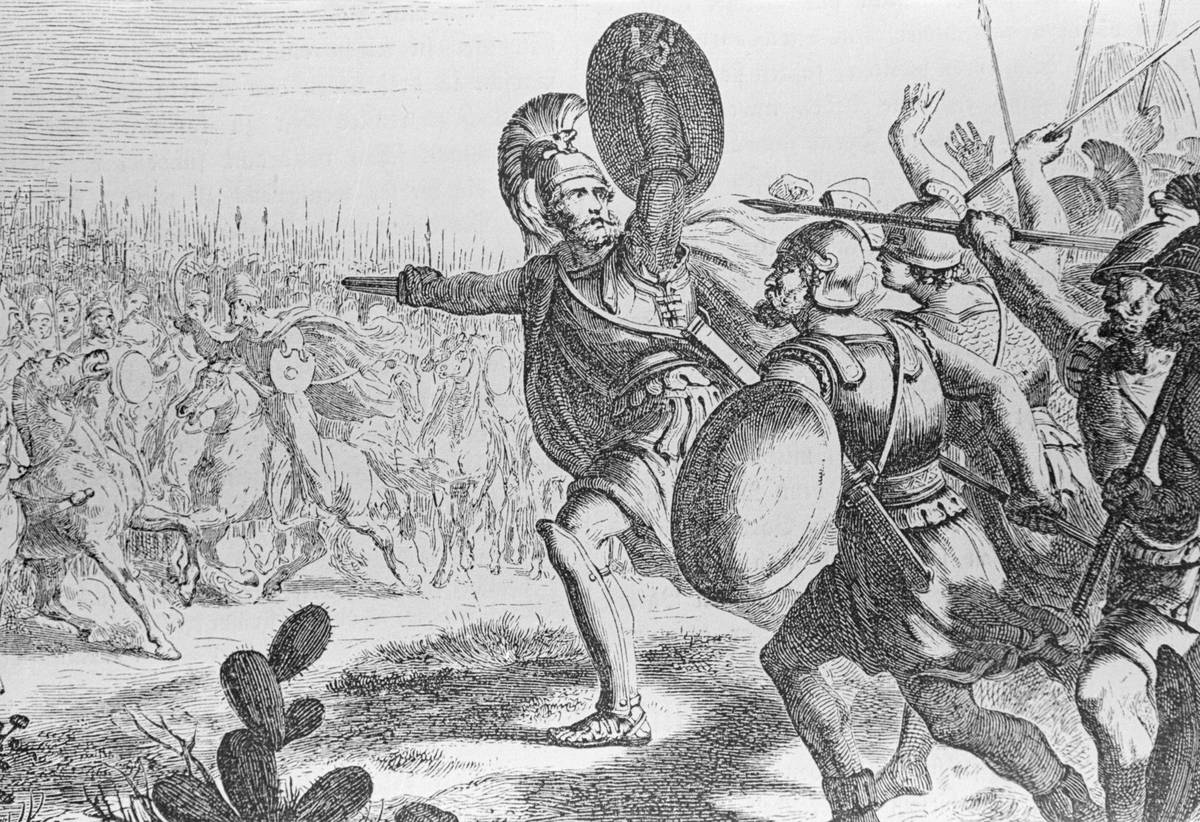
Leonidas I, the Spartan king, is renowned for his leadership during the Battle of Thermopylae in 480 BC. Leading a small force of 300 Spartans, Leonidas held off the massive Persian army of Xerxes I for three days. Despite being vastly outnumbered, his strategic prowess and the sheer determination of his men became a symbol of courage and resistance. This epic standoff inspired future generations to stand up against tyranny, proving that valor could triumph over overwhelming odds.
Joan of Arc: The Maiden Who Defied English Forces
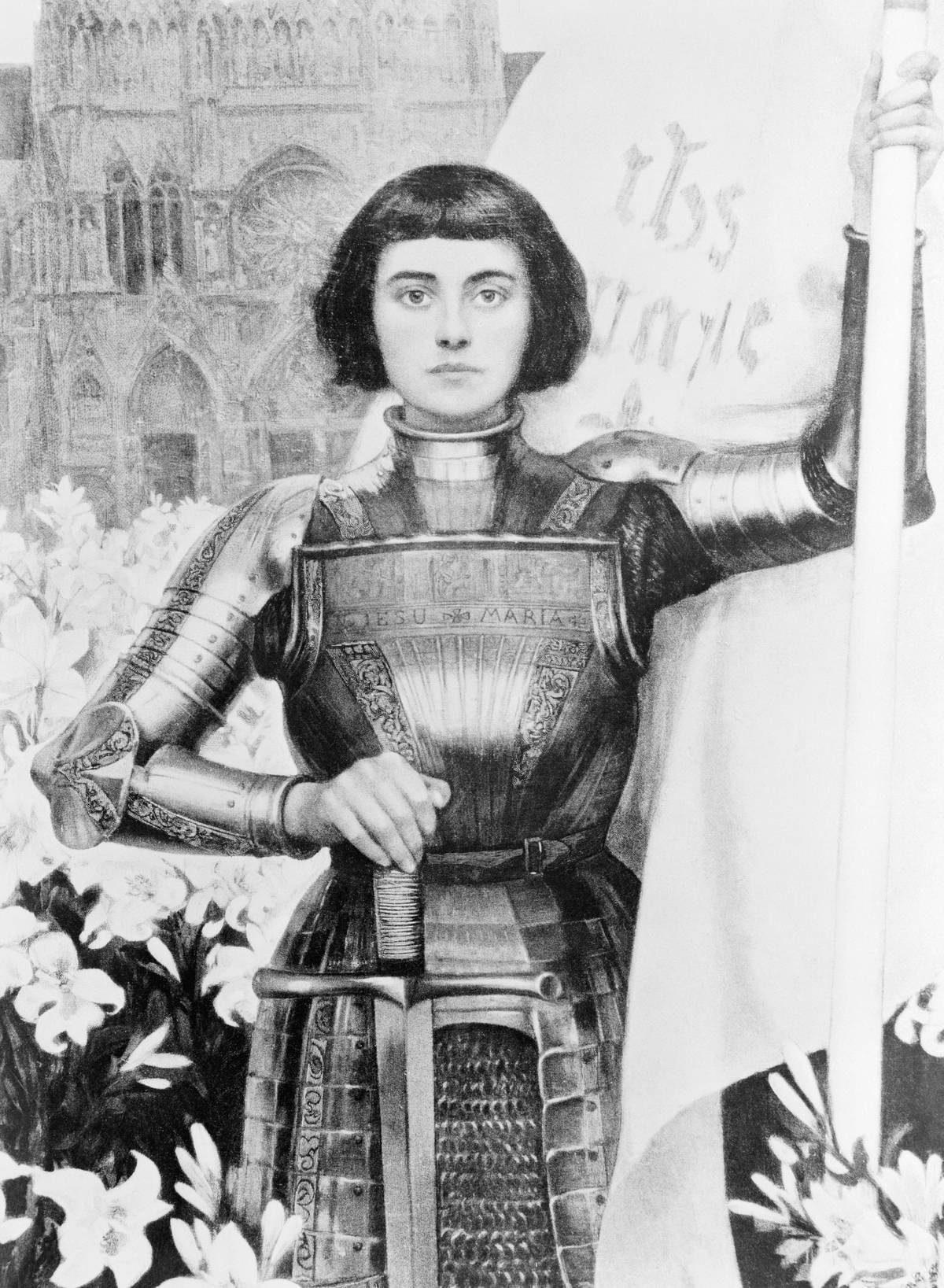
Joan of Arc, a young peasant girl from France, led the French army to pivotal victories during the Hundred Years’ War. Claiming divine guidance, she convinced Charles VII to let her command troops, which was unheard of for a woman at the time. Joan’s audacity and faith galvanized the French forces, leading to the liberation of Orléans in 1429. Her capture and subsequent martyrdom only solidified her legacy as a national heroine and saint, inspiring countless tales of bravery.
William Wallace: Scotland’s Braveheart Against English Domination
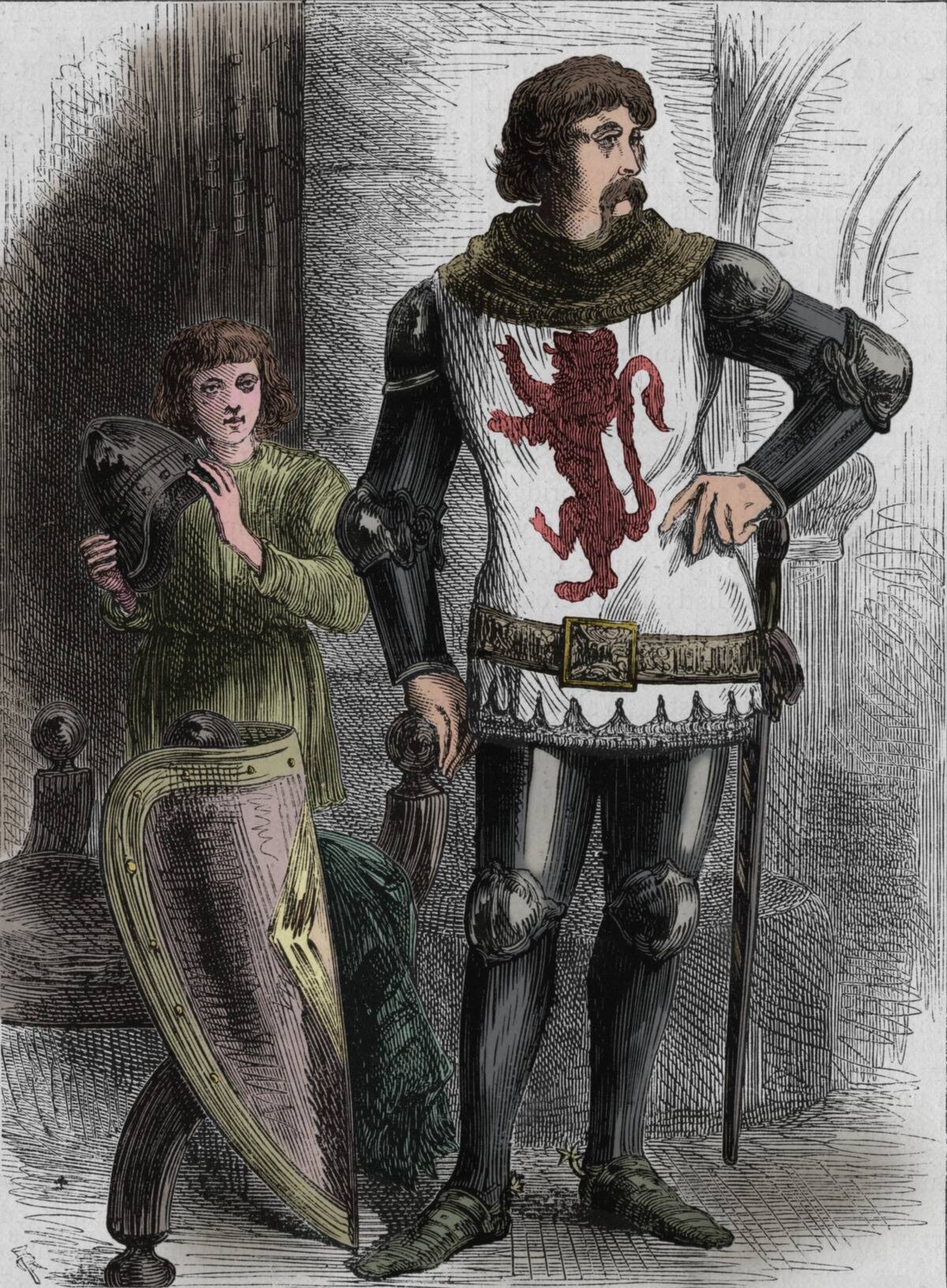
William Wallace, the legendary Scottish knight, played a crucial role in the Wars of Scottish Independence. His victory at the Battle of Stirling Bridge in 1297 was a significant blow to English forces. Despite his ultimate capture and execution in 1305, Wallace’s unwavering fight for Scotland’s freedom left a lasting impact. His life inspired the film “Braveheart,” capturing the imagination of audiences worldwide and keeping the spirit of his rebellion alive in cultural memory.
Hernán Cortés: The Conquistador Who Toppled an Empire
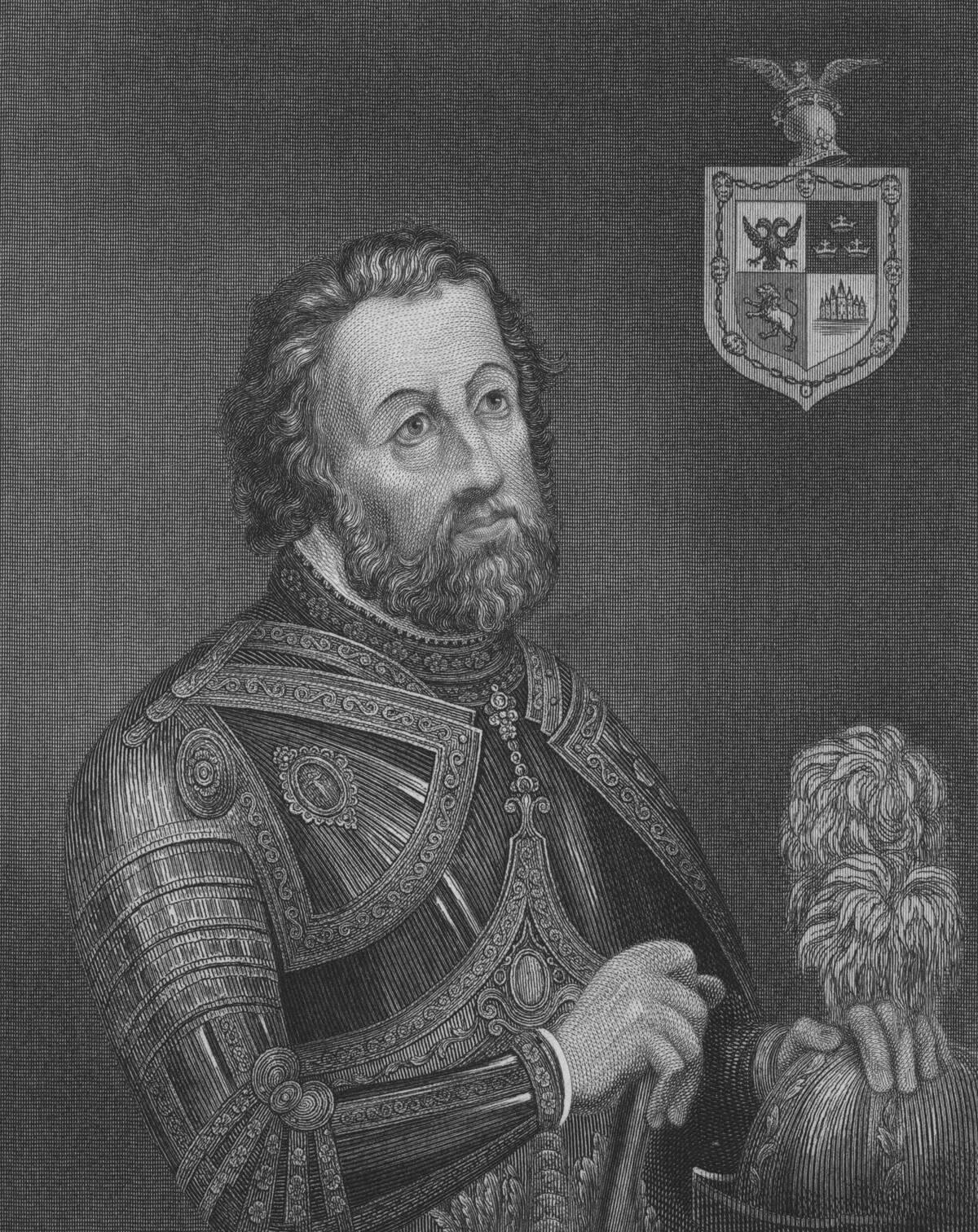
Hernán Cortés, the ambitious Spanish conquistador, is known for his conquest of the Aztec Empire in the early 16th century. Landing in Mexico with a small force, Cortés forged alliances with indigenous tribes disillusioned by Aztec rule. His strategic brilliance and audacity led to the capture of Tenochtitlán in 1521, reshaping the course of history. While controversial, Cortés’s actions demonstrated the power of determination and cunning in the face of seemingly insurmountable challenges.
Boudica: The Warrior Queen of the Iceni Tribe
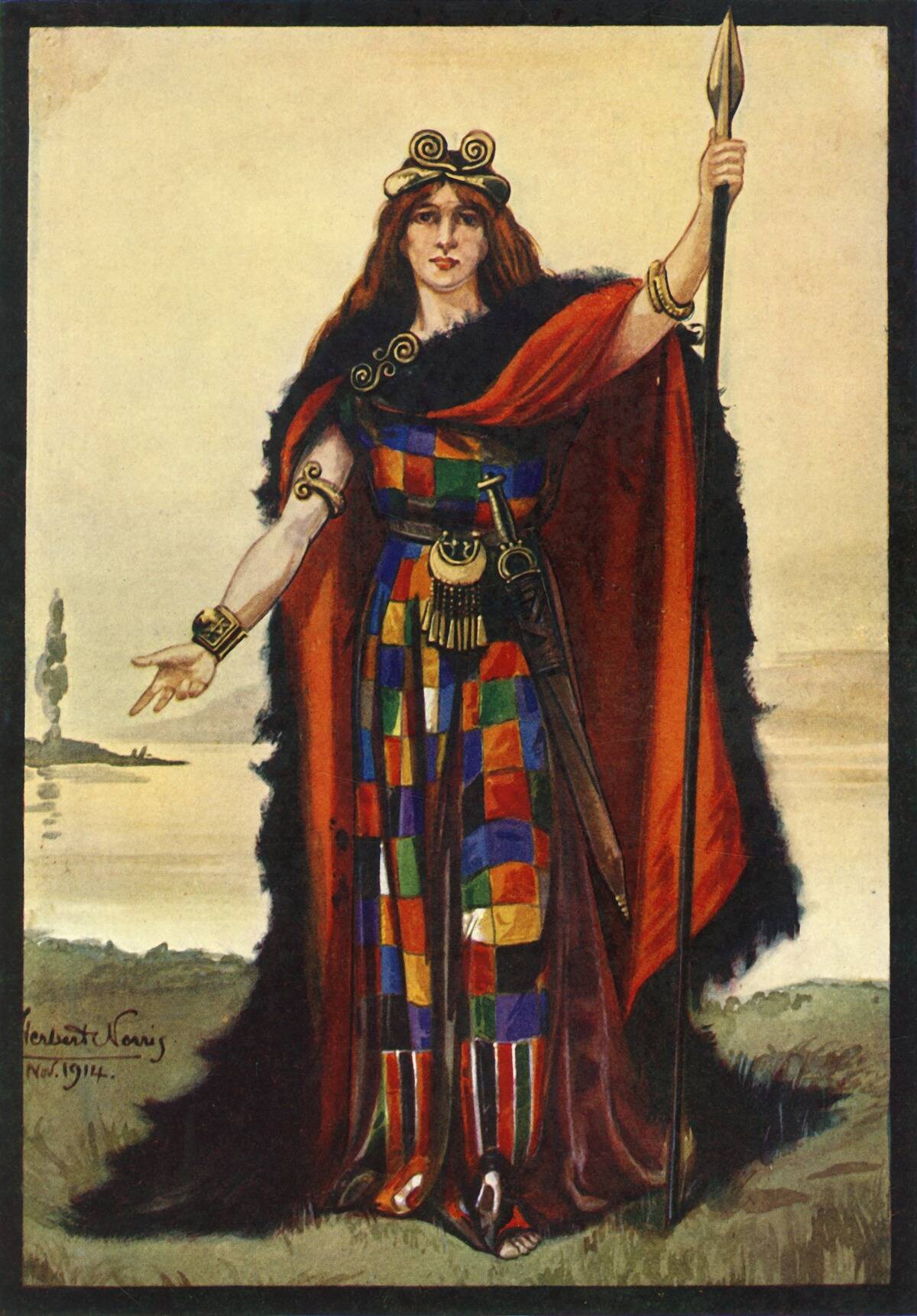
Boudica, the fierce leader of the Iceni tribe, led a major uprising against the occupying Roman forces in Britain around AD 60. Following the mistreatment of her people, Boudica rallied numerous tribes, capturing and burning Roman settlements. Her rebellion, though ultimately unsuccessful, showcased her formidable leadership and the determination to challenge an empire. Boudica’s legacy as a freedom fighter lives on, symbolizing the fight against oppression and injustice.
David vs. Goliath: A Biblical Underdog Story
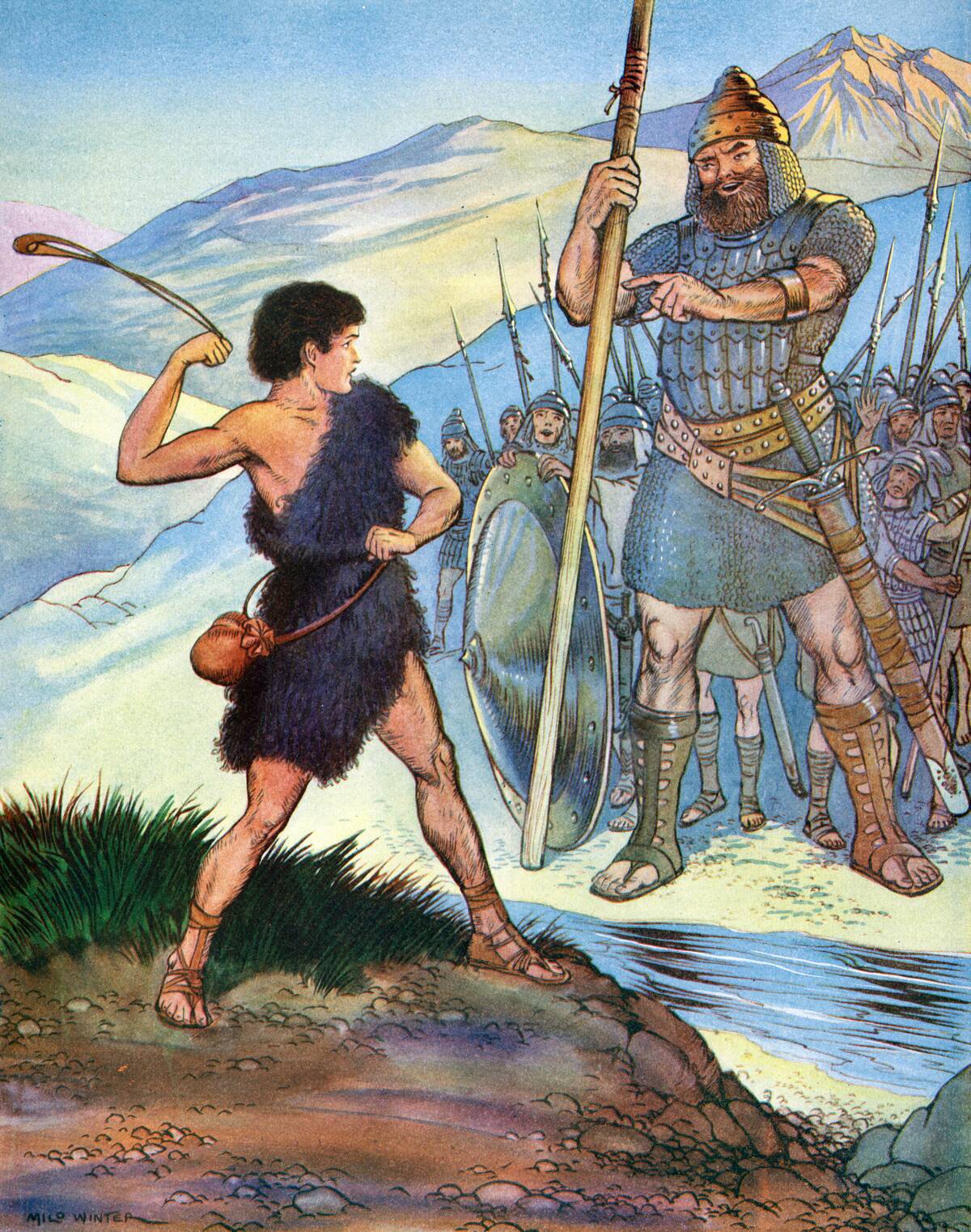
The story of David and Goliath is one of the most iconic biblical tales of the underdog triumphing against the odds. David, a young shepherd armed only with a sling and stone, faced the giant warrior Goliath. His unexpected victory over the Philistine champion demonstrated that courage and faith could overcome even the mightiest adversaries. This story continues to inspire those facing their own giants, reminding us that size and strength are not the only determinants of success.
Oda Nobunaga: The Daimyo Who United a Fragmented Japan
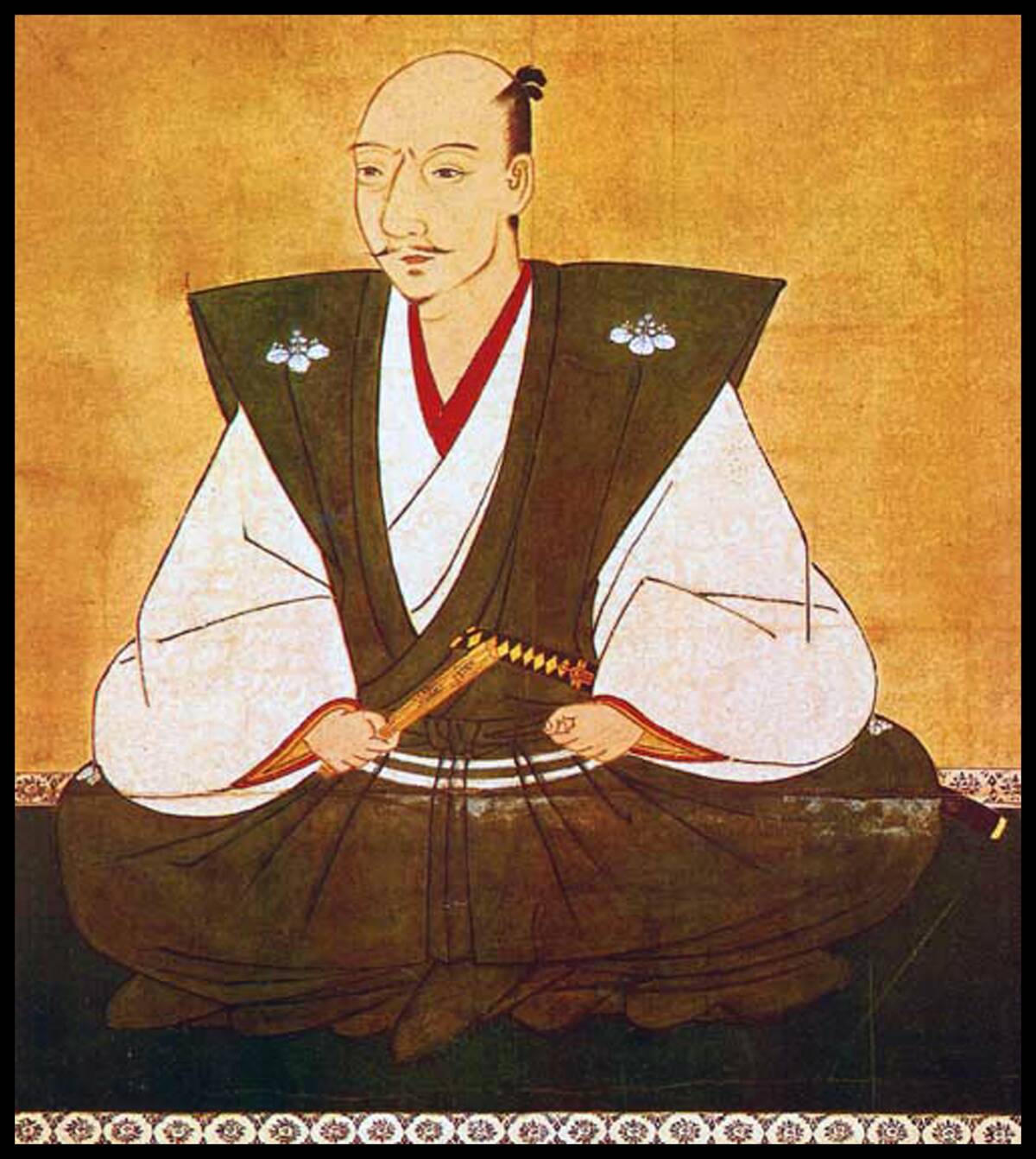
Oda Nobunaga, a powerful daimyo, played a crucial role in the unification of Japan during the late 16th century. Known for his innovative military tactics and ruthless efficiency, Nobunaga defeated rival warlords and brought stability to a divided nation. His use of firearms and modern tactics revolutionized Japanese warfare. Although his life was cut short by betrayal, Nobunaga’s legacy paved the way for the eventual unification of Japan and the establishment of the Tokugawa shogunate.
Sacagawea: Guiding Lewis and Clark Through Uncharted Lands
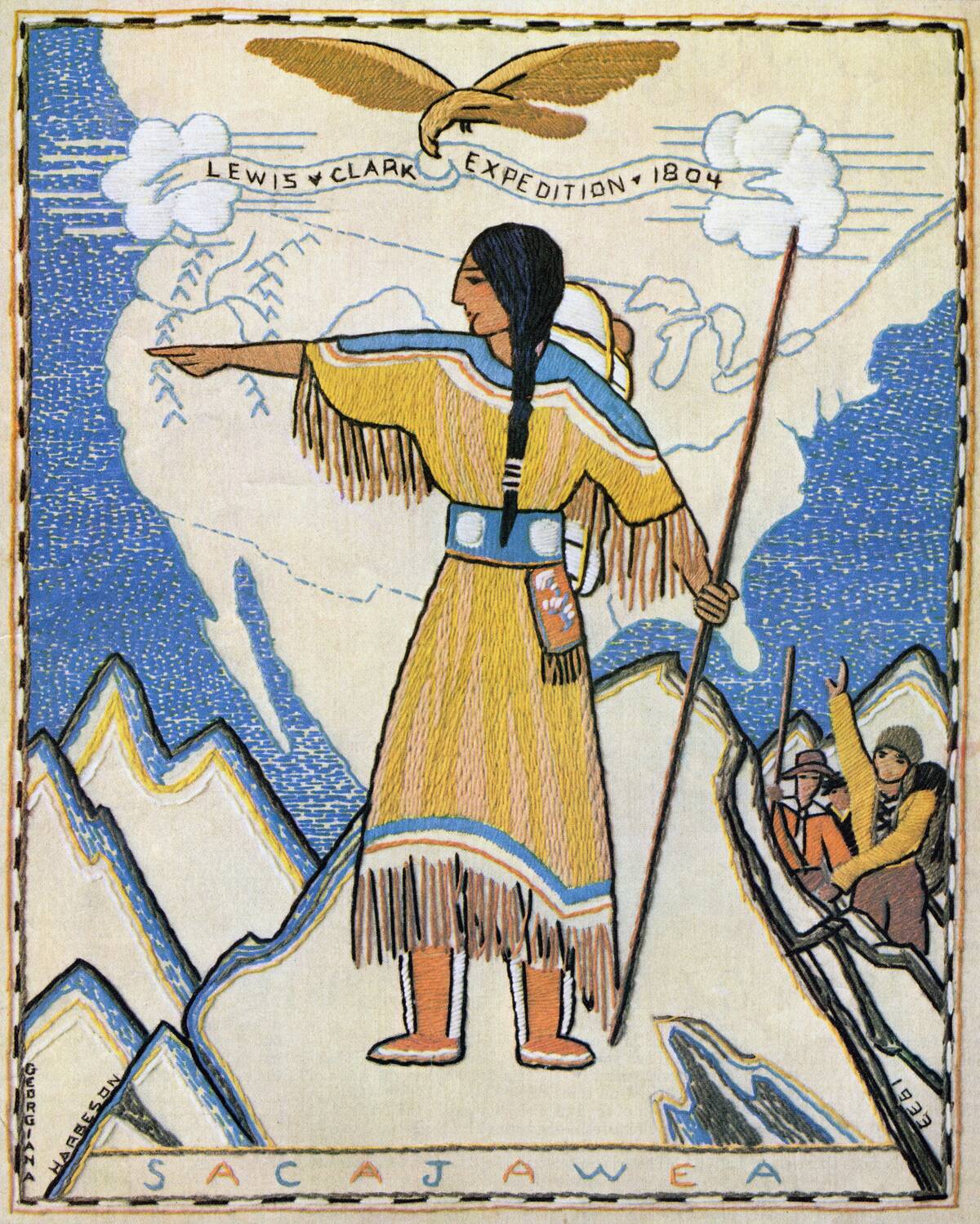
Sacagawea, a Shoshone woman, played a vital role in the Lewis and Clark Expedition of the early 1800s. As an interpreter and guide, she helped the expedition navigate the uncharted American West. Her knowledge of the terrain and ability to communicate with Native tribes were invaluable to the journey’s success. Sacagawea’s contributions, often overlooked, highlight the critical role of indigenous peoples in shaping American history, showcasing her as a symbol of resilience and cooperation.
Vlad the Impaler: The Fearless Defender of Wallachia
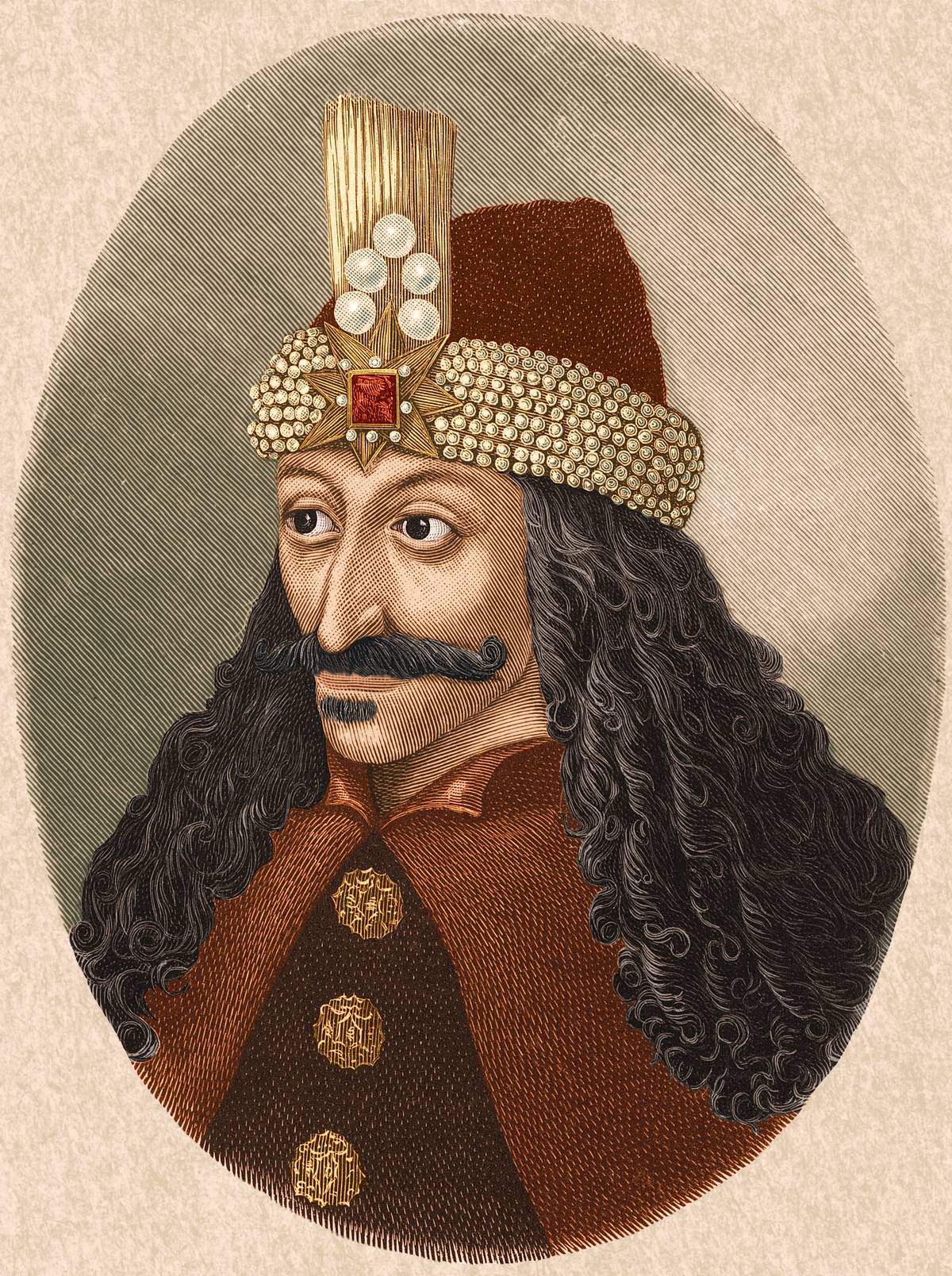
Vlad the Impaler, also known as Vlad III, was a 15th-century ruler of Wallachia, famed for his brutal defense against Ottoman incursions. His fearsome reputation for impaling enemies earned him notoriety, but it also deterred would-be invaders. Vlad’s reign was marked by a fierce commitment to maintaining Wallachian independence. While his methods were ruthless, his legacy as a staunch defender of his land remains a complex and fascinating chapter in Eastern European history.
Nelson Mandela: A Peaceful Warrior Against Apartheid
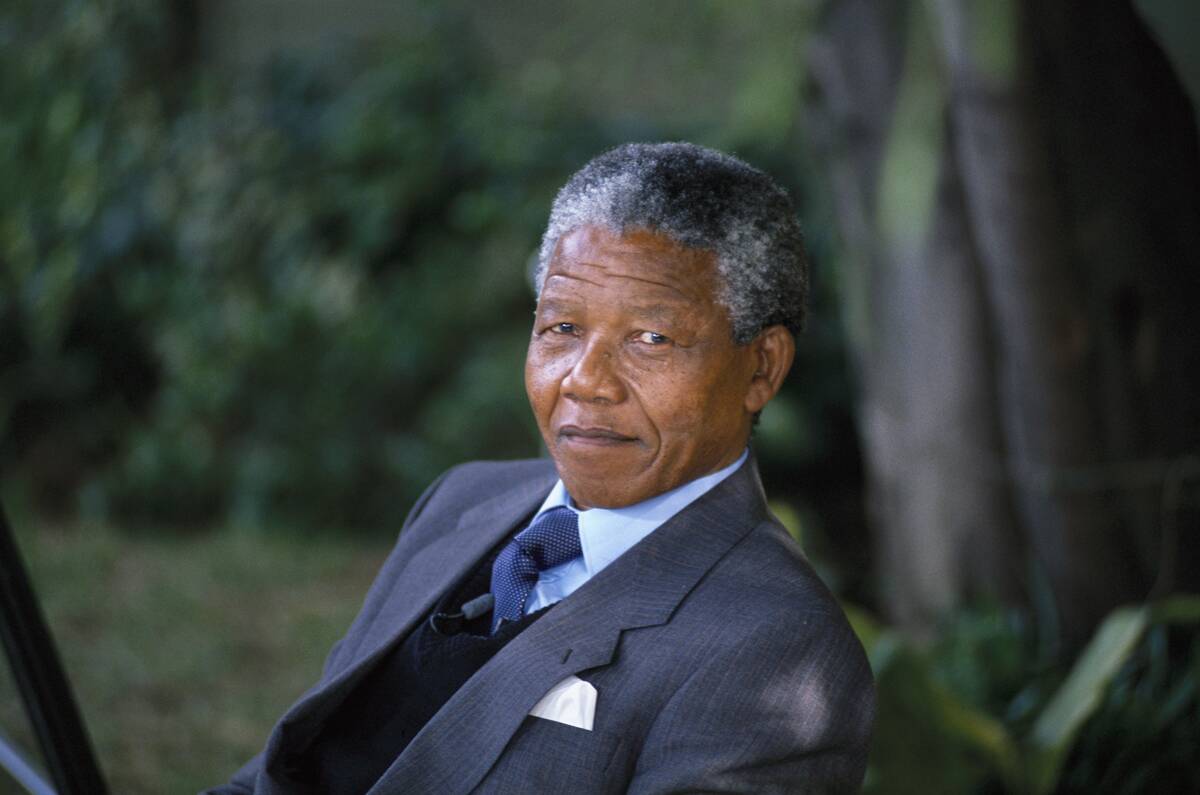
Nelson Mandela, an emblem of peace and reconciliation, fought tirelessly against South Africa’s apartheid regime. Imprisoned for 27 years, his unwavering commitment to justice and equality never wavered. Upon his release, Mandela negotiated the end of apartheid, becoming South Africa’s first black president in 1994. His leadership style emphasized forgiveness and nation-building, earning him the Nobel Peace Prize. Mandela’s legacy as a peaceful warrior continues to inspire global movements for social justice and human rights.
Horatius Cocles: The One-Eyed Roman Hero
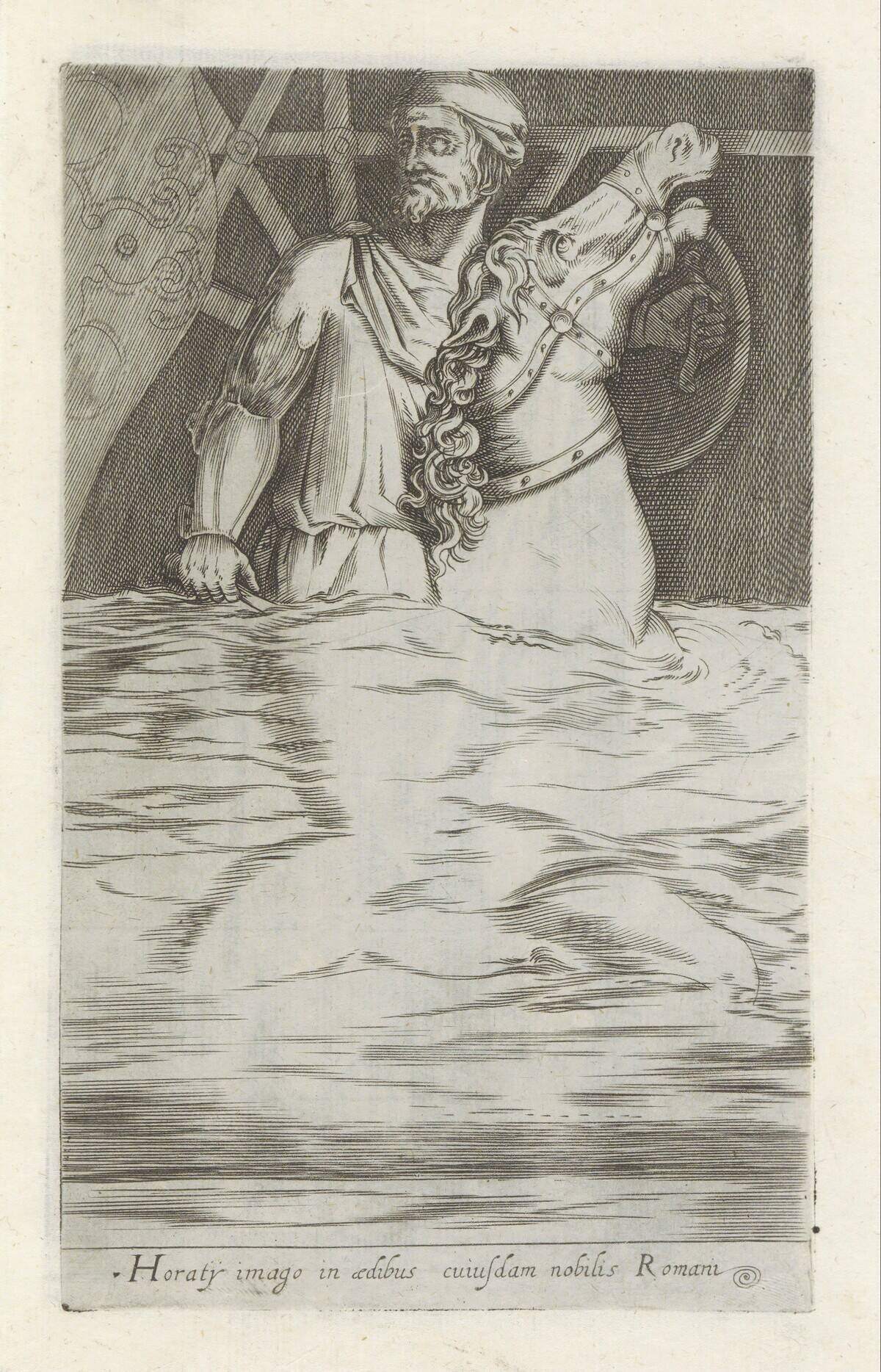
Horatius Cocles, a legendary figure in Roman lore, is famed for his defense of the Pons Sublicius bridge during an Etruscan attack in the late 6th century BC. With a small group, he held off the enemy while the bridge was destroyed to prevent a crossing. Known for his bravery and loss of an eye in battle, Horatius became a symbol of Roman valor. His story, celebrated by poets like Livy, emphasizes the Roman virtues of courage and sacrifice.
Mulan: The Legendary Woman Warrior of China
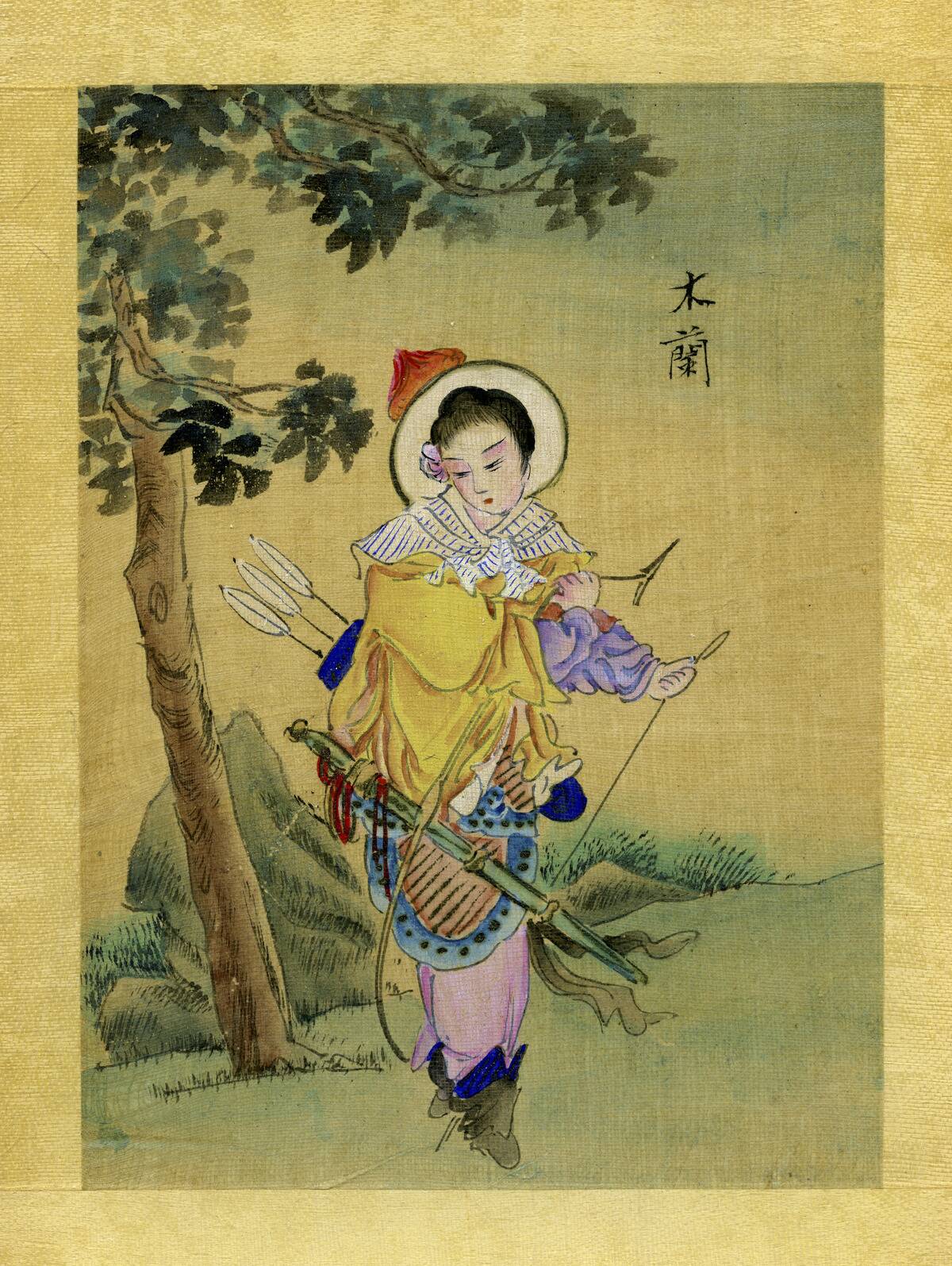
Mulan, a legendary Chinese heroine, is celebrated for disguising herself as a man to take her father’s place in the army. Her story, popularized by ancient ballads and modern adaptations, highlights her courage and devotion to family. Mulan’s tale, set during the Northern Wei dynasty, showcases her tactical prowess and bravery in battle. Her legacy continues to inspire people worldwide, symbolizing the power of determination and the breaking of gender norms in times of adversity.
Arminius: The Chieftain Who Ambushed Rome
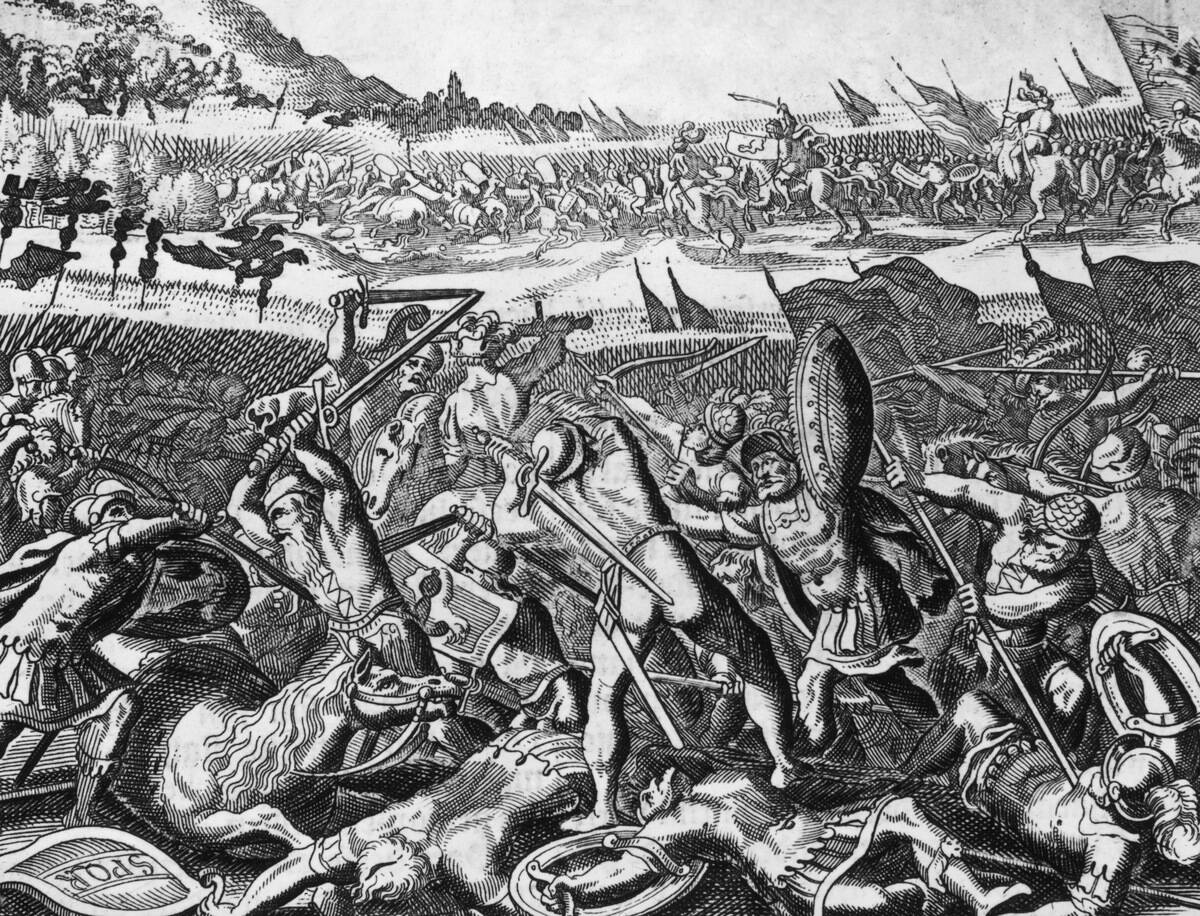
Arminius, a chieftain of the Cherusci tribe, masterminded the ambush known as the Battle of the Teutoburg Forest in AD 9. As a former Roman auxiliary, he used his knowledge of Roman tactics to orchestrate a stunning victory against three Roman legions. This defeat halted Roman expansion into Germania and established Arminius as a national hero. His strategic brilliance in uniting disparate Germanic tribes is remembered as a turning point in the resistance against Roman domination.



